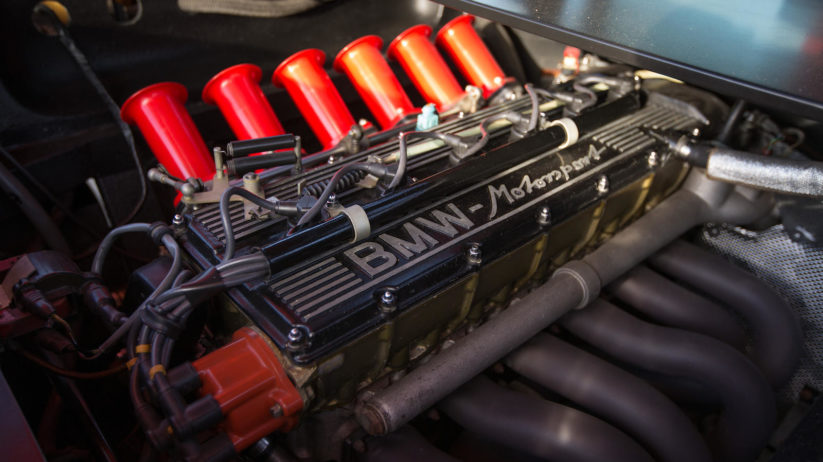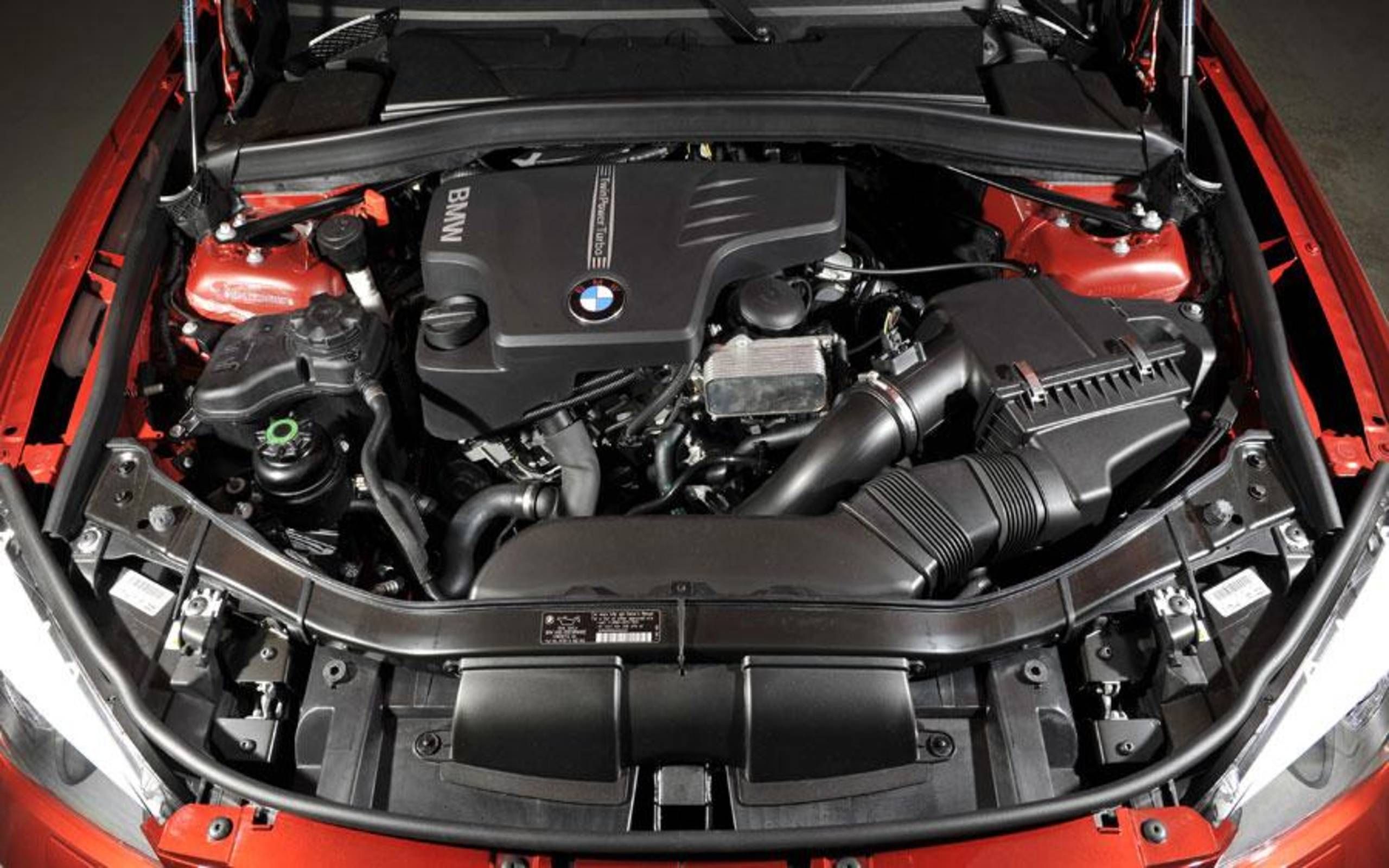A Beginner's Guide to Choosing the Right BMW Engine for Your Demands
A Beginner's Guide to Choosing the Right BMW Engine for Your Demands
Blog Article
Revealing the Intricacies of Next-Generation Power Units: a Deep Dive Into Advanced Engine Advancements and layouts
As we stand on the precipice of a brand-new age in transport, the details of next-generation engine styles bid us to check out the cutting-edge innovations and technologies that promise to redefine the driving experience. Digging much deeper into the realms of discharge control, intelligent engine monitoring systems, and the horizon of power system development, we locate ourselves on the cusp of a makeover that guarantees to reshape the landscape of flexibility as we know it.
Advancement of Engine Materials

The change towards progressed engine products has actually additionally enabled engineers to make engines with higher power outputs while maintaining fuel effectiveness standards. For instance, using light-weight products reduces the overall weight of the engine, causing improved fuel economy and lower discharges. Additionally, developments in materials innovation have permitted better thermal management within engines, resulting in raised integrity and long life.
Turbocharging and Supercharging Technologies
Just How do Turbocharging and Supercharging Technologies change engine performance and efficiency in modern-day cars? Turbocharging and supercharging are innovations that dramatically enhance engine performance by boosting the amount of air consumption into the combustion chamber. Turbocharging accomplishes this by utilizing a wind turbine driven by exhaust gases to pressurize the intake air, while turbo charging utilizes a belt- or chain-driven compressor to attain the exact same effect.
These technologies allow smaller, a lot more fuel-efficient engines to produce power comparable to larger ones, referred to as downsizing. Forcibly more air right into the cylinders, supercharging and turbocharging boost burning effectiveness, resulting in boosted horse power and torque output without a substantial increase in engine dimension. This leads to much better velocity, hauling capability, and general driving performance.
Moreover, supercharging and turbocharging contribute to enhanced gas performance by enabling the usage of smaller engines that eat less fuel under regular driving conditions - bmw engine. This mix of boosted performance and effectiveness has actually made turbocharging and supercharging important parts of several contemporary engine styles
Exhaust Control and Environmental Impact
With enhancing worldwide worries relating to air top quality and ecological sustainability, the implementation of exhaust control technologies in cars plays an essential function in lowering harmful pollutants released into the environment. Modern lorries are outfitted with innovative exhaust control systems that help minimize the ecological effect of automobile operations. Catalytic converters, for example, are developed to convert harmful gases such as carbon monoxide gas, nitrogen oxides, and hydrocarbons right into much less dangerous compounds like co2 and water vapor.
Moreover, innovations in engine technology, such as the assimilation of exhaust gas recirculation systems and discerning catalytic decrease, have considerably added to lowering exhausts. These modern technologies operate in tandem to enhance combustion performance and decrease the release of dangerous contaminants into the air. Additionally, the growth of hybrid and electrical automobiles represents an important step in the direction of minimizing the general ecological impact of the transportation field.
Intelligent Engine Monitoring Solution

Furthermore, these systems enable vehicles to satisfy strict exhausts standards without endangering performance, giving an extra eco-friendly driving experience. The assimilation of man-made knowledge and artificial intelligence capabilities in engine administration systems remains to push the borders of what is feasible, resulting in more improvements in effectiveness, integrity, and overall automobile efficiency. bmw engine. As automobile modern technology advancements, smart engine monitoring systems will play a crucial role fit the future of transport towards a more reliable and lasting instructions
Future Trends in Power Device Development
As intelligent engine monitoring systems lead the way for boosted control and optimization in contemporary automobiles, future patterns in power device development are positioned to redefine the landscape of vehicle propulsion technologies. One of the crucial trends driving development in power system development is the change in the direction of electrification. With a boosting focus on sustainability and lowering carbon discharges, hybrid and electrical powertrains are coming to be extra prevalent in the automobile industry. These alternative power sources use boosted performance and efficiency while straightening with stringent ecological regulations.
An additional significant fad is the integration of advanced materials and making strategies. Lightweight products such as carbon fiber and aluminum are being utilized to lower total automobile weight, boosting gas effectiveness and look here performance. In addition, advancements in 3D printing and additive production are allowing the manufacturing of complicated engine components with higher precision and resilience.
Additionally, artificial knowledge and artificial intelligence are playing a vital role in maximizing power system efficiency. These innovations enable real-time monitoring and flexible control, resulting in more effective and reputable power shipment. Overall, future patterns in you could check here power device development are tailored towards effectiveness, sustainability, and efficiency, driving the auto industry in the direction of a brand-new period of propulsion innovations.

Final Thought
In final thought, the improvements in engine materials, turbocharging, emission control, and intelligent monitoring systems have led the way for next-generation power devices. These technologies have not only better performance and effectiveness but also reduced environmental effect. As technology remains to progress, future patterns in power device development are likely to concentrate on further boosting sustainability and optimizing power result. The elaborate styles and developments in modern-day engines display the recurring development of vehicle modern technology.
Exploring the progressive developments in engine materials has actually been essential in boosting the performance and efficiency of modern-day engines. Over the years, the advancement my site of engine materials has played a vital duty in pushing the borders of what engines can accomplish.The change towards progressed engine products has actually additionally enabled designers to develop engines with higher power outputs while maintaining fuel efficiency criteria.The execution of smart engine administration systems in contemporary cars has transformed the method engines are managed and optimized for efficiency and performance. By gathering data in real-time and examining it with sophisticated formulas, smart engine administration systems can adapt to driving designs, ecological aspects, and engine wellness to take full advantage of power output while lessening gas usage and emissions.
Report this page